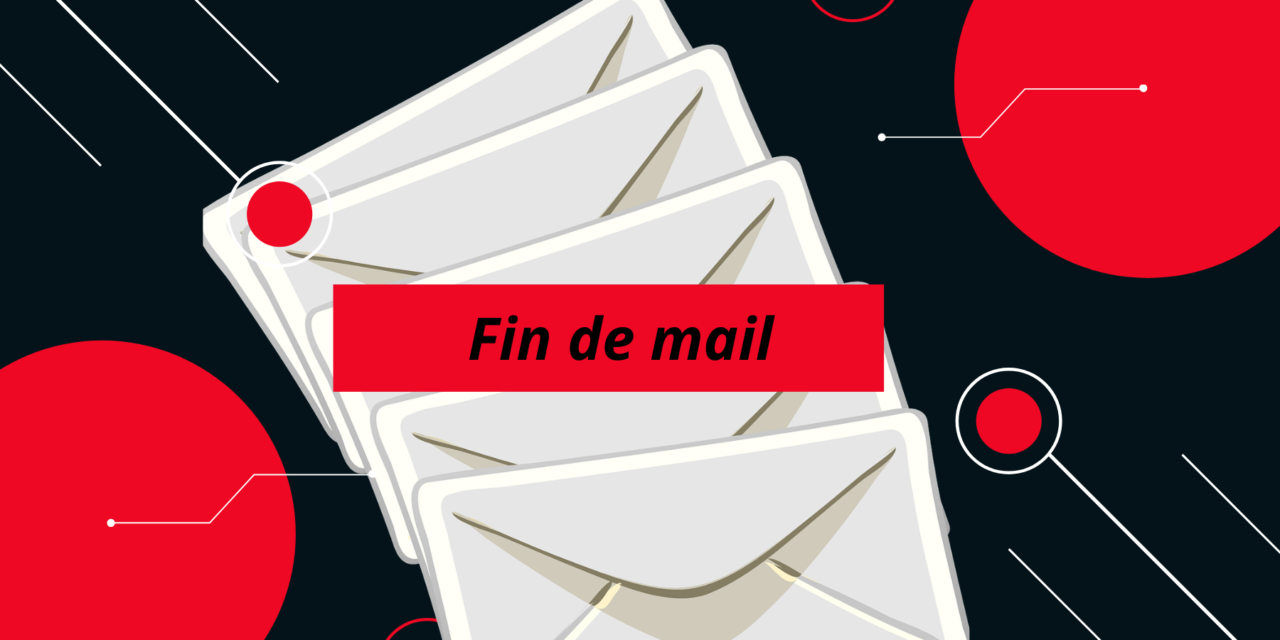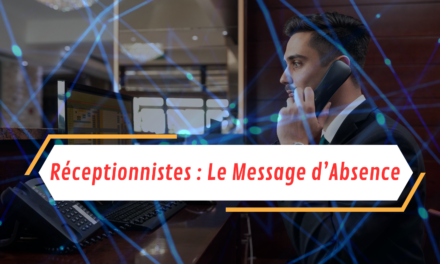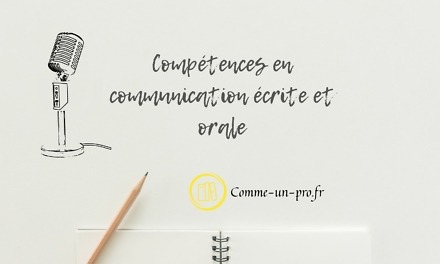End of mail: 5 polite formulas that must be banned at all costs
A professional email ending can be punchy and engaging without going beyond the canons established by the art of correspondence. This step is one of the things that should not be neglected, because it depends on what action to take on your email. Choosing the right end of email sentence requires mastering those that must be avoided at all costs. Manager, entrepreneur or employee, you undoubtedly need to improve your art of correspondence. In this article, discover 5 polite formulas that should no longer appear in your email.
"Don't hesitate to ...": Uninviting polite phrase
The polite phrase is uninviting because it denotes a certain shyness. Beyond that, "Do not hesitate to ..." is a negative wording. As such, it would be, in the opinion of some language specialists, less incentive to action. Worse, it induces a reverse action, contrary to what we hope.
The most suitable formula is this: "Know that you can reach me ..." or "Call me if necessary". Obviously, as you would have understood, the imperative is still popular.
"I hope that ..." or "By hoping that ...": Formula too sentimentalist
In the words of several experts in corporate communication code, “we no longer hope for anything at work today”. Rather, you should opt for more assertive expressions of politeness, such as "I wish".
"By remaining at your disposal ...": Courtesy too submissive
This polite formula is characterized by excessive submission. Indeed, who says "Courtesy" does not necessarily mean "Submission" or "Cachotterie". Experience has also shown that such a formulation has very little impact on your interlocutor.
For example, you can say: "I am listening to you" or "I am awaiting your answer". These are polite expressions that are more engaging.
"Thank you for ..." or "Thank you in advance for answering ...": Formula too confident
Here again, this formulation has shown its limits. It denotes a certain overconfidence. In addition, the norm is that we give thanks for past actions.
You could for example say: "I count on your answer ideally for ..." or say directly what you expect from your correspondent.
"Please…": Rather heavy wording
The polite phrase "I beg you to please" is very administrative jargon. Except that in a professional email, the trend is for speed. We do not have to do with very cumbersome administrative formulas.
But which formulas should be favored then?
Some polite expressions to use
There are many polite formulas that should be favored. One can quote among these the formulas of the type: "Good day", "Distinguished greetings", "Sincere greetings", "Cordial greetings" or even "With my best memories".





